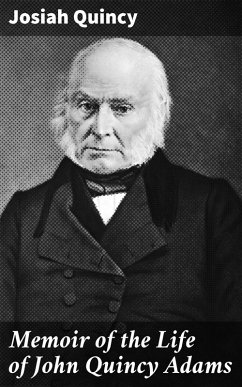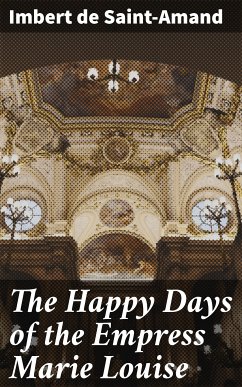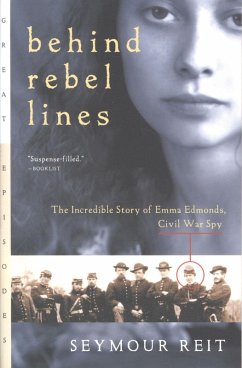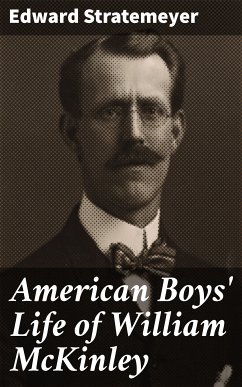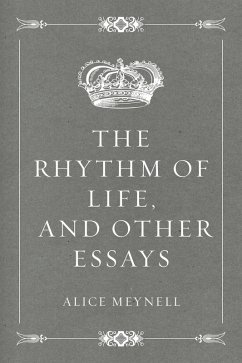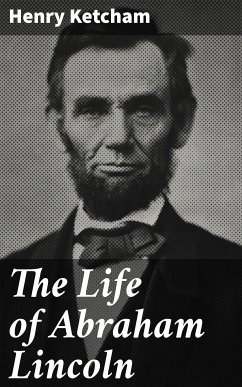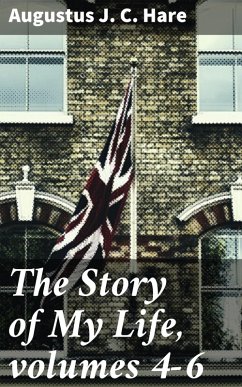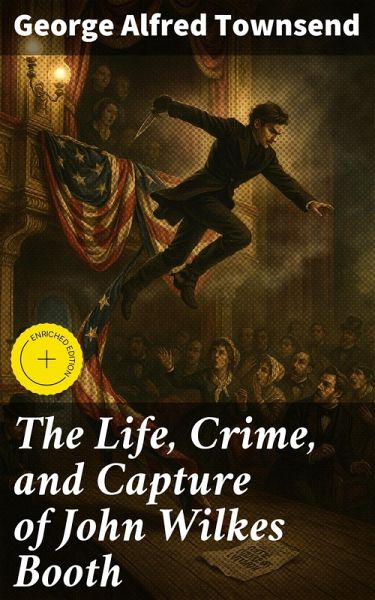
The Life, Crime, and Capture of John Wilkes Booth (eBook, ePUB)
Enriched edition. The Untold Story of America's Most Notorious Assassination
Kommentar: Ford, Caleb / Redaktion: Good Press
Versandkostenfrei!
Sofort per Download lieferbar
1,99 €
inkl. MwSt.
Weitere Ausgaben:

PAYBACK Punkte
0 °P sammeln!
In "The Life, Crime, and Capture of John Wilkes Booth," George Alfred Townsend presents a compelling narrative that intertwines biographical detail, political commentary, and sensational journalism. Written in the wake of the assassination of President Abraham Lincoln in 1865, the book employs a vivid prose style that captivates the reader while situating Booth within the turbulent context of the Civil War era. Townsend's meticulous attention to both Booth's personal life and broader historical implications sheds light on the motivations that led to one of American history's most infamous acts...
In "The Life, Crime, and Capture of John Wilkes Booth," George Alfred Townsend presents a compelling narrative that intertwines biographical detail, political commentary, and sensational journalism. Written in the wake of the assassination of President Abraham Lincoln in 1865, the book employs a vivid prose style that captivates the reader while situating Booth within the turbulent context of the Civil War era. Townsend's meticulous attention to both Booth's personal life and broader historical implications sheds light on the motivations that led to one of American history's most infamous acts of violence, making the text a vital contribution to both literary and historical studies. George Alfred Townsend was an esteemed journalist and war correspondent whose experiences during the Civil War informed his perspective on the events surrounding Lincoln's assassination. His background allowed him to weave together firsthand accounts and prevailing societal sentiments, providing depth to his portrayal of Booth. Townsend's fascination with crime and morality, alongside his keen observational skills, equipped him to analyze the complexities of Booth's character and the implications of his actions on a nation still grappling with division. This book serves as a critical exploration for readers interested in American history, biography, or the intricacies of human motives. Townsend's rigorous analysis and dramatic storytelling render it an engrossing read, inviting historians, students, and curious minds alike to reflect on the shadows of ambition, fame, and infamy that shaped a pivotal moment in U.S. history. In this enriched edition, we have carefully created added value for your reading experience: - A succinct Introduction situates the work's timeless appeal and themes. - The Synopsis outlines the central plot, highlighting key developments without spoiling critical twists. - A detailed Historical Context immerses you in the era's events and influences that shaped the writing. - A thorough Analysis dissects symbols, motifs, and character arcs to unearth underlying meanings. - Reflection questions prompt you to engage personally with the work's messages, connecting them to modern life. - Hand-picked Memorable Quotes shine a spotlight on moments of literary brilliance. - Interactive footnotes clarify unusual references, historical allusions, and archaic phrases for an effortless, more informed read.
Dieser Download kann aus rechtlichen Gründen nur mit Rechnungsadresse in A, B, BG, CY, CZ, D, DK, EW, E, FIN, F, GR, H, IRL, I, LT, L, LR, M, NL, PL, P, R, S, SLO, SK ausgeliefert werden.






